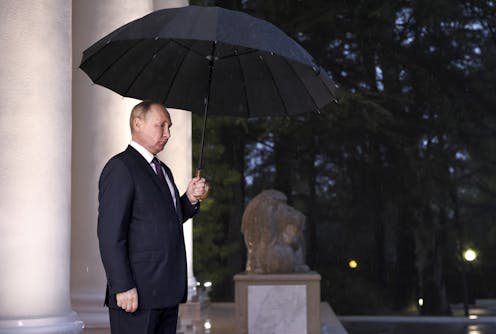The End of History: Francis Fukuyama's idea explained
- Written by Chris Fleming, Associate Professor in the School of Humanities and Communication Arts, Western Sydney University

In 1989, a policy wonk in the US State Department wrote a paper for the right-leaning international relations magazine The National Interest entitled “The End of History?”. His name was Francis Fukuyama, and the paper stirred such interest – and caused such controversy – that he was soon contracted to expand his 18-page article into a book. He did so in 1992: The End of History and the Last Man[1]. The rest, they say, is (the end of) history.
Fukuyama became one of those academics whose work was cribbed to a shorthand: The End of History. It is, no doubt, a memorable and dramatic phrase – but it is as unclear as it is striking.
Read more https://theconversation.com/the-end-of-history-francis-fukuyamas-idea-explained-193225

















